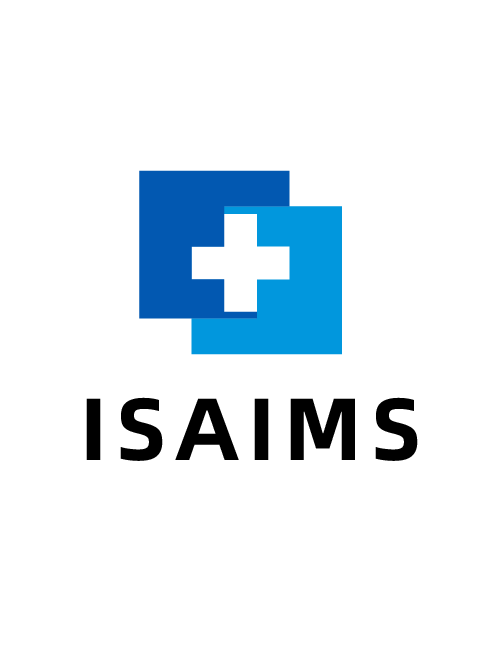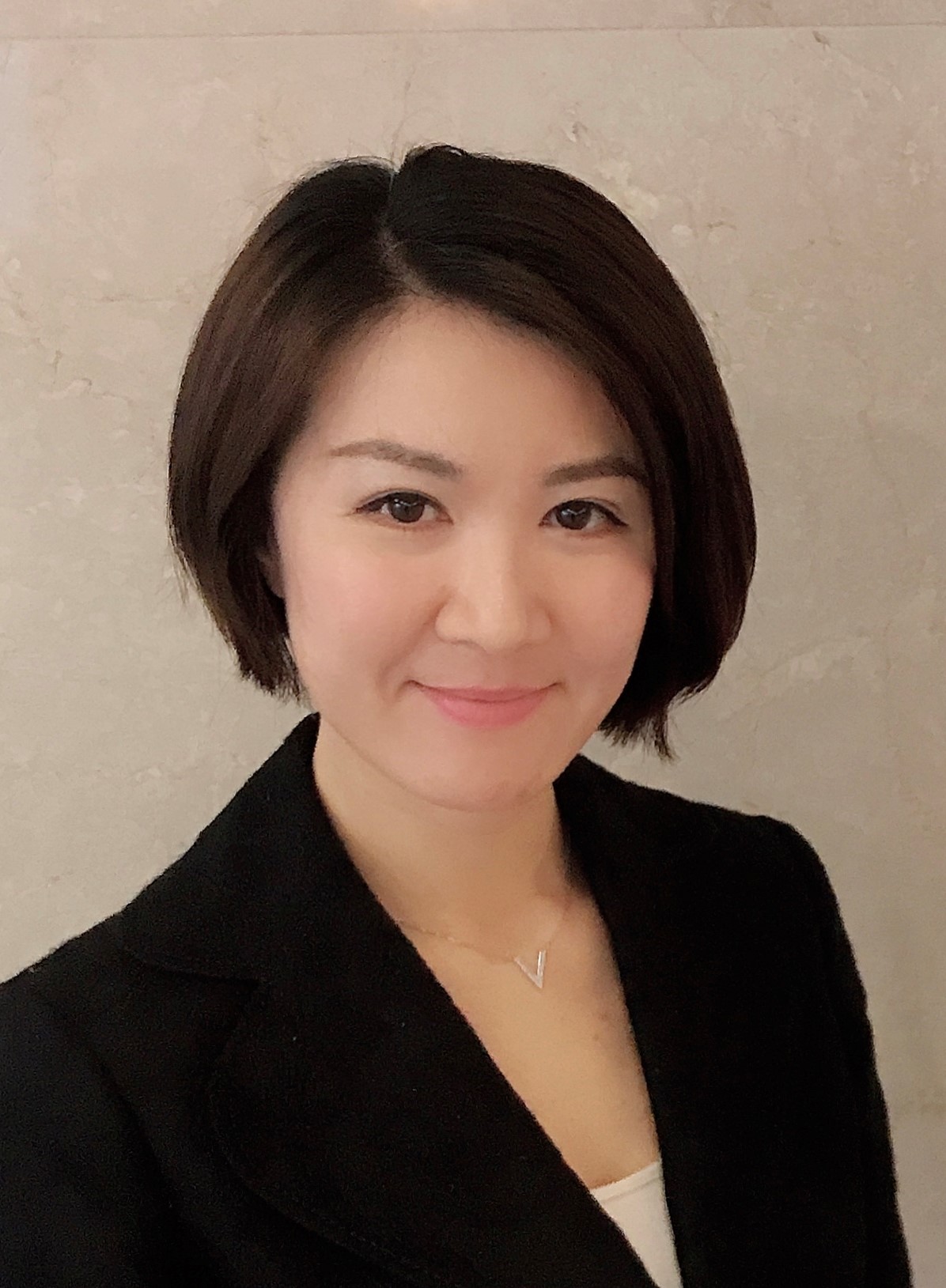

Assoc. Prof. Jie Deng

Assoc. Prof. Jie Deng
Department of Diagnostic Radiology, Rush University Medical Center, USA
Speech Title: Image-based Motion Artifacts Reduction in Magnetic Resonance Imaging Using Deeping Learning Methods
Abstract
Magnetic resonance imaging (MRI) is inherently sensitive to motion due to prolonged data acquisition time and the strategies of filling the k-space. Motion artifacts, typically shown as blurring or ghosting across the MR images along the phase encoding direction, degrade image quality and may result in non-diagnostic exams if the motion artifacts are too severe to be corrected. In clinical practice, motion corrupted image series are usually repeated in hope to obtain images with less motion while providing patients with additional instructions or sedation medicine. However, repeated imaging inevitably increases the total examination time, causes patient discomfort, and reduces the throughput of the MRI department. Nonetheless, motion artifacts are sometimes unavoidable in patients with involuntary movement arising from their discomfort, mental status, and existing neurodegenerative conditions. We developed separate deep learning neural networks to reduce motion artifacts in T1 weighted spin echo images of the brain, and in dynamic contrast enhanced images of the liver. The convolutional neural network models are based on a deep residual network with densely connected multi-resolution blocks (DRN-DCMB) and a generative adversarial network (GAN). The models are trained using the image dataset with a variety level of simulated motion artifacts and then applied to testing dataset of images with simulated motion artifacts as well as acquired images corrupted with real motion artifacts. The performance of each model for motion artifact reduction was evaluated using 1) the quantitative measurements of structural similarity index (SSIM) and improvement in signal-to-noise ratio (ISNR), and 2) qualitative assessment of image quality including the overall quality, severity of the motion artifacts, image sharpness, image resolution, and image contrast by a radiologist.
An effective and automatic motion artifact reduction tool that can be integrated into the day-to-day MRI quality control and quality assurance workflow will be clinically useful to reduce the burden of technologists and radiologists, enhance image quality, and eventually improve the throughput of the MRI department. When motion-corrected image quality is sufficiently diagnostic, it is not necessary to attempt to acquire repeated imaging or to put the patient under sedation or general anesthesia. We expect that deep learning model corrected MR images not only reduce the artifacts, but also provide better details and are easier for the radiologist to read the exam and interpret the lesions. A comprehensive clinical assessment is warranted to confirm the diagnostic performance and workflow improvement by using this tool in clinical practice.
Biography
Dr. Deng is an Associate Professor in Radiology, and American Board of Medical Physics certified physicist. Her research focuses on MRI pulse sequence programming and signal/imaging post-processing; fat quantification in nonalcoholic fatty liver diseases; characterization of brown adipose tissue using PET-MRI, and other advanced MRI clinical applications in oncology and other diseases. Recently, she started her research in the area of AI in medical imaging, which included deep learning and radiomics for cancer screening, grading, imaging artifact reduction, and workflow improvement. She initiated an AI clinical research and translational science platform in the Radiology department. She has been serving as PI and co-PI in multiple National Institute of Health (NIH)-funded studies, and panel reviewer for NIH grant applications. Dr. Deng has published over 40 SCI paper and presented many times in scientific conferences. Her leadership in clinical research also fosters collaboration within a multidisciplinary team of clinicians, radiologists, physicists, pathologists and statistical scientists to build a translational research program that improves patient management.
Dr. Deng also has 12 years’ experience as a clinical MRI physicist skillful in American College of Radiology (ACR) MRI accreditation, development and optimization of MRI protocols, overseeing MRI QA/QC program, teaching imaging physics and MRI safety, chairing MRI Safety Committee, and establishing MRI safety policies and procedures. She is also an active reviewer for RSNA/AAPM MRI residence course MRI physics module, and many peer-reviewed journals.
